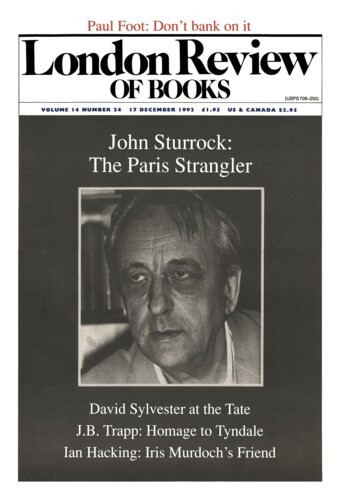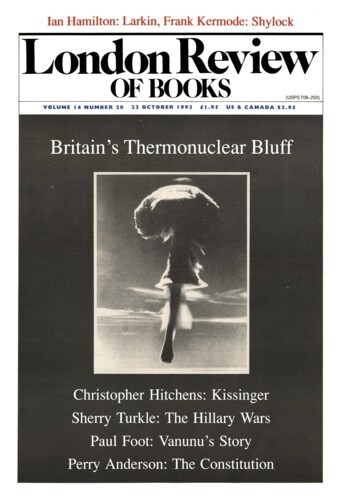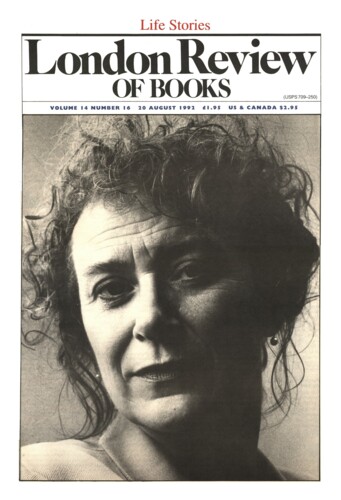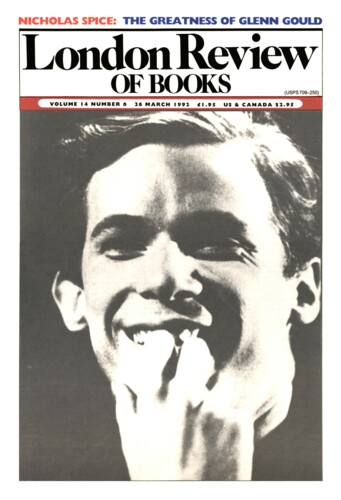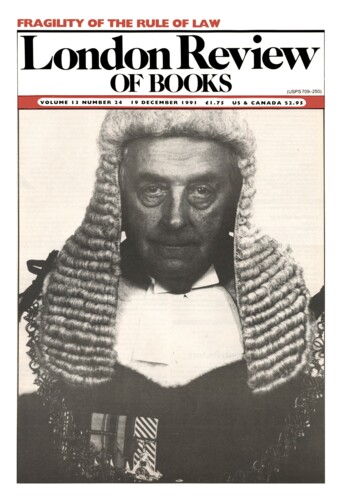Mordecai Vanunu is starting his seventh year in solitary confinement in an Israeli jail. He is convicted of treason and espionage and his sentence is 18 years. The few members of his family who are allowed to see him have doubts about whether his mind will last that long. Already there are signs that the remarkable coherence and determination which he showed during the first years of his ordeal are on the wane. If he does go mad, the authorities in Israel will be delighted. They have always presented Vanunu to the world as a misfit, a wayward semi-loon who, in the interests of his country, is best kept locked up.
Nuclear Ambiguity: The Vanunu Affair by Yoel Cohen. Mordecai Vanunu is starting his seventh year in solitary confinement in an Israeli jail. He is convicted of treason and espionage and his sentence is 18 years. The few members of his family who...
